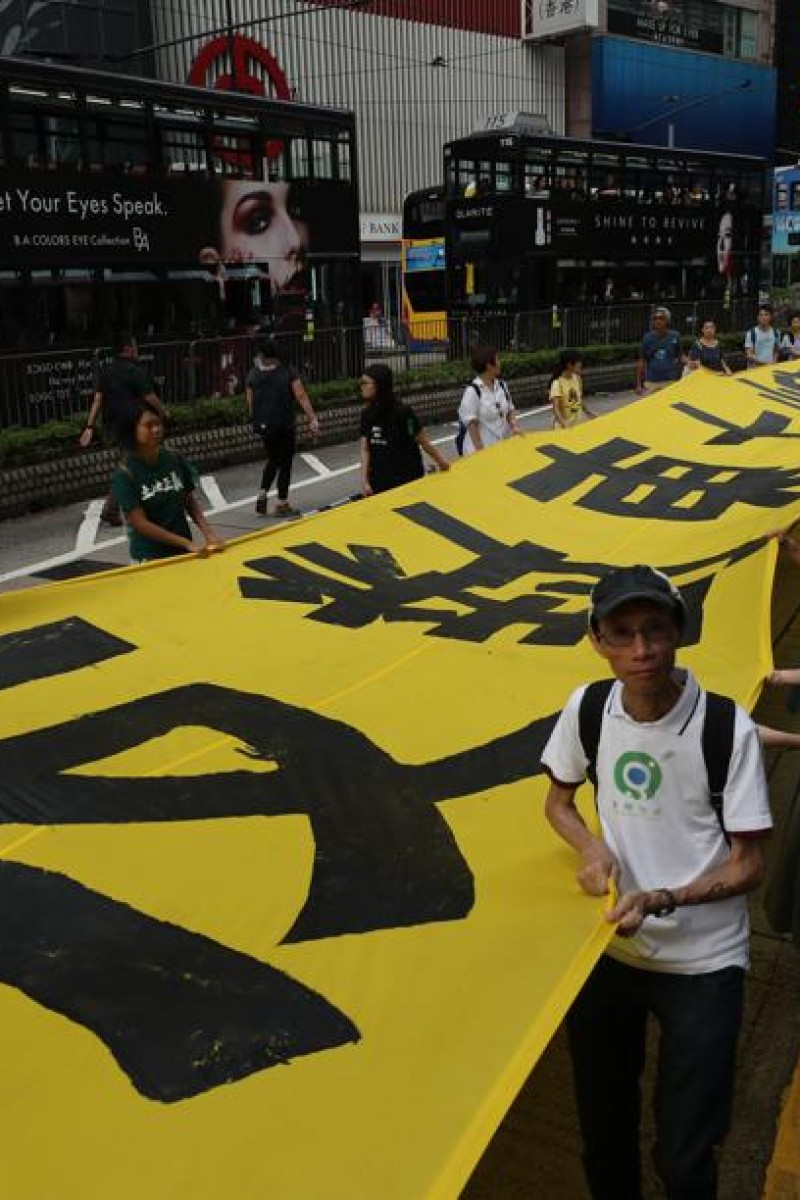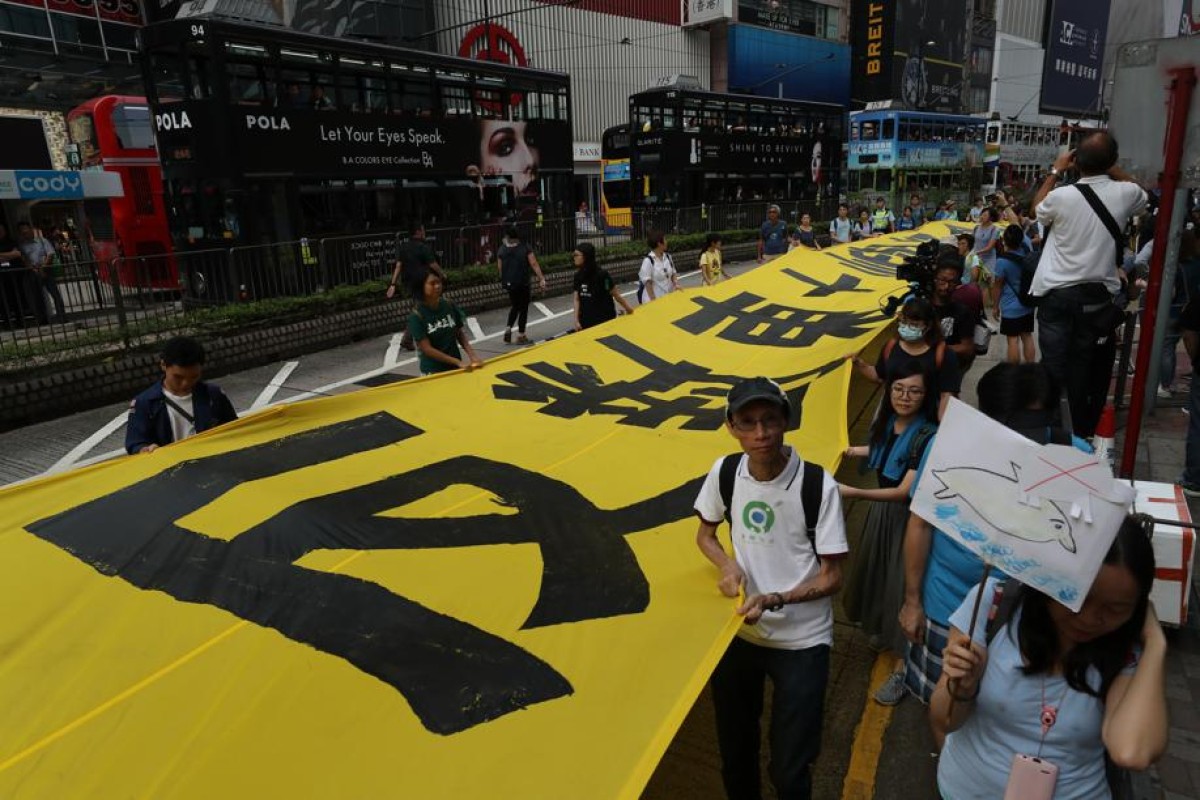
Why we need to support the Hong Kong government's new land reclamation project
People are protesting the government’s new expensive housing project, but what’s wrong with spending money on improving lives?

 Hongkongers have been protesting against the government’s new Lantau housing project.
Hongkongers have been protesting against the government’s new Lantau housing project.It’s that time of year again, and our landlord has decided to kick my family out of our flat, continuing the cycle of annoyance and uncertainty for us. Many Hongkongers, including myself, have long been priced out of the housing market and are forced to rent from investment buyers who own multiple properties in the city. Still, there has always been hope that more land will be released for development. So, imagine my surprise when 6,000 people took to the streets to protest the government’s plan to do exactly that.
Oddly enough, the main concern of the protesters seems to be the huge sum of money that the government is finally willing to put towards increasing land supply. The cost of the project – an estimated HK$500 billion – is likely to be the largest sum that the Hong Kong government will ever spend on actually improving the lives of the people. Concerns about the project’s impact on the environment have also been raised by the rallying groups.
The solution to Hong Kong’s housing crisis may be to follow Beijing’s lead
While the project will involve some sacrifices, the government’s intentions are, on the face of it, sincere. Alternative options, such as taking back land from villagers, getting rid of the “high land price” policy, or banning investment buys, are simply not measures that we can realistically expect the government to take. As the administration under Carrie Lam Cheng Yuet-ngor finally seems willing to relax long-held frugal spending habits, this move should be applauded and not discouraged.
The concern that carries the most weight, however, is that the project will merely “line the pockets of political and business elites”, as the Construction and General Site Workers’ Union has said. Given the government’s tendency to pander to business interests, this could be a serious concern. But as Chief Executive Carrie Lam has suggested in recent interviews, it’s highly unlikely that developers for this project will be granted large concessions, especially given the public scrutiny it has attracted.
Explaining the state of legal aid in HK and why everyone deserves equal access to justice
Moreover, an easy remedy to this problem, as suggested by the think tank Land Watch, would be to commit the government to a 70-30 split between public and private developments on the island. Holding the government to such a pledge would be the sensible way forward.
Unless you are my family’s landlord, your opposition to the project is likely to not be against the core idea itself, but the way it is going to be implemented.
While costs are a concern to many, it is simply unrealistic to expect the government to maximise social benefit while holding it to a tight fiscal budget; to demand it to cut costs while also requiring it to not sell to private developers is simply against logic. The move towards more spending is rare and should be encouraged.
Edited by Charlotte Ames-Ettridge
